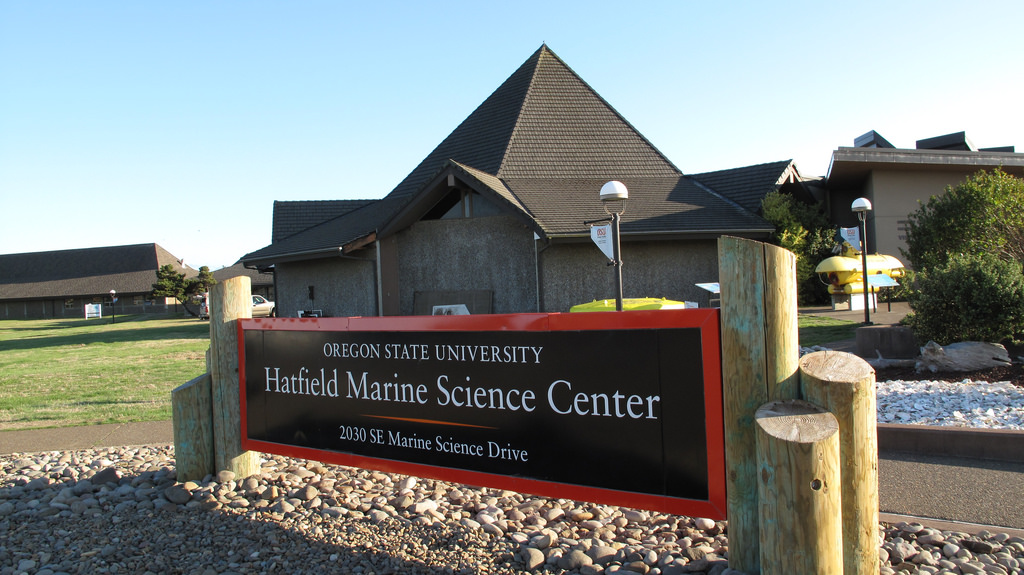HMSC VIRTUAL RESEARCH SEMINAR- Thursday, August 26, 2021
SPEAKER: Matt Harwell, Chief, Pacific Coastal Ecology Branch, Pacific Ecological Systems Division, U.S. Environmental Protection Agency
TOPIC: Reinforcing the Values that Translational Science and Strategic Communication Bring to Progressing Environmental Management and Scientific Research
ABSTRACT: Translational approaches in science, including “collaboration, engagement, communication, process, and decision framing” (Enquist et al. 2017) strongly align with efforts to move environmental management and supporting science forward. Translational science frameworks can be valuable in environmental decision-making contexts because of their emphasis on utilizing a systems approach and maximizing the benefits of engaging stakeholders. Such approaches can incorporate tenets of structured decision making, risk characterization, adaptive management, and principles of conflict resolution into environmental management activities. Further, translational science frameworks reinforce elements of strategic science communication, including the importance of establishing and communicating goals with consistent terminology and providing the ability to co-develop and incorporate stakeholders. This mini-seminar presentation introduces EPA’s Office of Research and Development’s investments in translational science and strategic communication as they can provide value-added insights to environmental management and scientific research.
AND
SPEAKER: Ryan Guillemette, ORD Postdoc, Pacific Coastal Ecology Branch, US Environmental Protection Agency, Newport, OR
TOPIC: Assessing the microbial water quality of freshly collected rainwater and its implications for rainwater reuse in the US Pacific Northwest
ABSTRACT: Rainwater microbiology is a relatively understudied field that has potentially significant implications for biogeochemical cycling and human health. In this mini-seminar, the experimental framework and preliminary results are presented for an ongoing rainwater microbiology study in Newport, OR that seeks to determine the proportion and taxonomic identification of active bacteria in freshly collected rain. The study uses ‘click-chemistry’ to microscopically enumerate protein synthesizing “active” bacteria, as well as immunocapture and 16S sequencing of bromodeoxyuridine (a thymidine analog)-labeled bacterial DNA. Implications for this study are discussed within the context of how rain-encapsulated bacteria and rain-deposited bacteria may influence local biogeochemistry. The seminar also includes discussion on the significance for better understanding rainwater microbiology in terms of rainwater reuse in regions of the US Pacific Northwest that undergo episodic drought.
DATE: Thursday, August 26, 2021
TIME: 3:30 PM – 4:30 PM
For the live broadcast of the VIRTUAL Thursday Seminar, visit:
https://oregonstate.zoom.us/j/94555731151?pwd=RnJ6eVg0ODdzRUpVc0pQbUlIdUV3dz09
Password: 972587 or call +1-971-247-1195 US Meeting ID: 945 5573 1151
For recordings of past Thursday Seminars, visit: http://hmsc.oregonstate.edu/pastseminars

Event Duration: 1 - 3 hours
Date: August 26, 2021
Time: 3:30 pm
End Time: 4:30 pm
Time Zone: PST